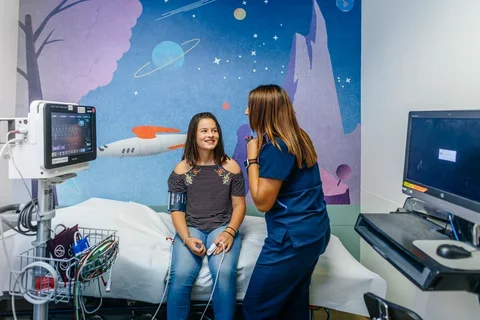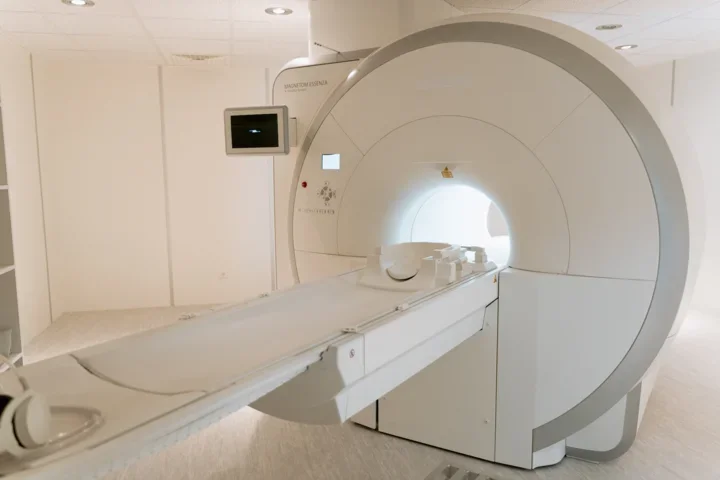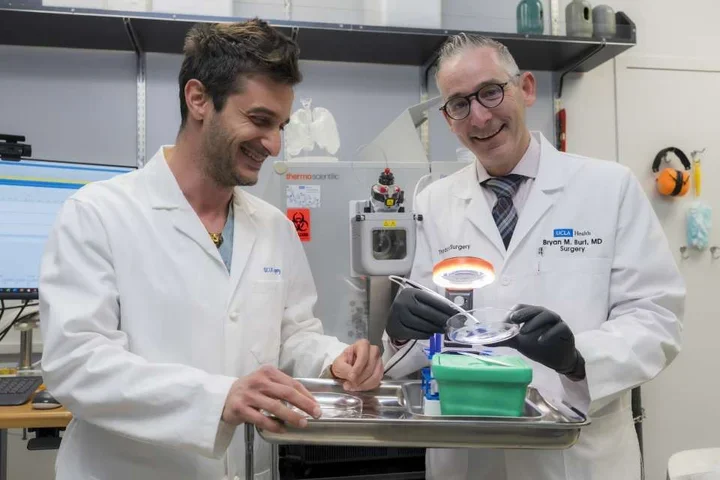What is Clinical Research?
In a medical school setting like UCLA, clinical research plays a crucial role.

Conducting Clinical Research at the David Geffen School of Medicine
Clinical research in a medical school environment refers to the systematic investigation of medical interventions, treatments, and diagnostic procedures conducted on human participants. It involves studying the efficacy, safety, and outcomes of various medical practices, including new drugs, therapies, medical devices, and preventive measures.
In a medical school setting like UCLA, clinical research plays a crucial role in advancing medical knowledge, improving patient care, and training future healthcare professionals. Medical schools often have dedicated research departments, clinical research centers, or affiliated research institutions where such studies are conducted.
Here are some key aspects of clinical research in a medical school environment like UCLA:
Study Design
Clinical research involves designing studies to investigate specific research questions or hypotheses. This includes defining the study objectives, determining the study population, selecting appropriate control groups, and developing protocols for data collection and analysis.
Ethical Considerations
Medical schools follow strict ethical guidelines to ensure the safety and well-being of study participants. All clinical research studies must be approved by an institutional review board (IRB) that reviews the study protocol and ensures that it meets ethical standards.
Recruitment and Informed Consent
Researchers recruit eligible participants, typically patients or volunteers, who meet specific criteria for the study. Participants must provide informed consent, understanding the purpose, risks, and benefits of the study before enrolling.
Data Collection and Analysis
Clinical research involves collecting relevant data through various methods, such as interviews, questionnaires, medical tests, and observations. Researchers analyze the collected data using statistical tools and methods to draw conclusions and make evidence-based recommendations.
Collaboration
Medical schools often collaborate with hospitals, healthcare facilities, and other research institutions to conduct clinical trials and studies. This allows access to a diverse patient population, specialized equipment, and expertise from different disciplines.
Translation to Practice
The ultimate goal of clinical research is to translate the findings into practical applications that improve patient care. Medical schools play a crucial role in disseminating research outcomes to healthcare providers, policymakers, and the scientific community to drive evidence-based medical practice.
Education and Training
Medical schools offer educational programs and training opportunities in clinical research. This includes research methodologies, ethical considerations, data analysis, and research dissemination. Such programs help medical students and professionals develop skills to contribute to and participate in clinical research.
Overall, clinical research in a medical school environment serves as a vital component of medical education, advancing medical knowledge, and improving patient care by generating evidence for effective and safe medical interventions.



